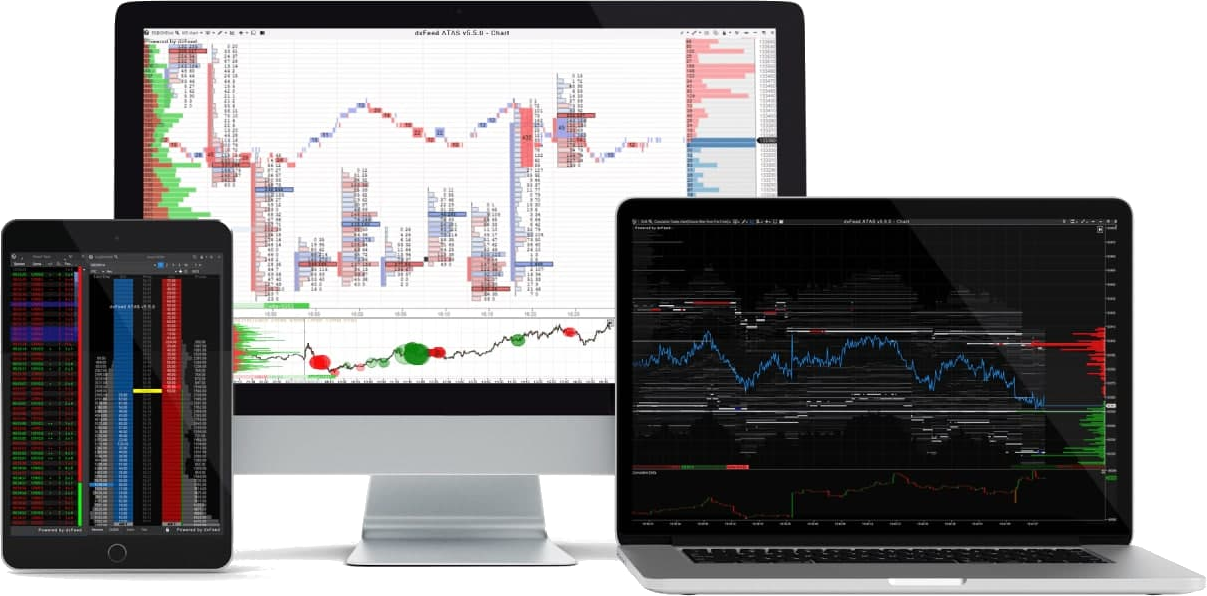FUNDAMENTAL PRINCIPLES OF GOOD REPORTING ARE STILL NOT SUFFICIENTLY OBSERVED
|
EQS-News: cometis AG
/ Key word(s): Study
GLOBAL ESG MONITOR 2024: FUNDAMENTAL PRINCIPLES OF GOOD REPORTING ARE STILL NOT SUFFICIENTLY OBSERVED
Wiesbaden, September 30, 2024 – The principles of good sustainability reporting are not yet sufficiently anchored in companies' sustainability reporting. This is the conclusion of the Global ESG Monitor (GEM) 2024, which analyzed the sustainability reporting of a total of 194 companies from the DAX, MDAX and SDAX as well as an international sample. Companies are still struggling to classify financial materiality in particular and there is a lack of transparency and context. With the introduction of the European Sustainability Reporting Standards (ESRS), companies are now being given clear guidelines to improve the quality of their reporting. According to the results of the GEM 2024, the average report quality is only 45 out of 100 points. This shows that a few top performers lead the field, but overall, the differences in quality between the individual reports are still enormous. For example, the best-in-class score is 79 points, while the last-in-class score is only 13 points. Ariane Hofstetter, co-founder of the GEM, explains: “The considerable quality deficits in sustainability reporting were the trigger for the introduction of CSRD and ESRS. One year before the mandatory submission of the first ESRS-compliant reports, the quality of reporting is still disparate – there are both positive role models and considerable deficits. High-quality sustainability reports are characterized by quality features such as balance, accuracy, topicality, comparability and comprehensibility. Many companies still need to do their homework better here.” The desire for principles, such as those now specified by ESRS in the Cross Cutting Standards, is not new. The Global Reporting Initiative was also quick to define what makes a good report, including the principles of materiality, stakeholder inclusiveness and contextualization. Sustainability is based on the triple bottom line approach, which equally considers environmental, social and economic aspects. Double materiality aligns this approach, as it assesses both the company's impact on the environment and society, as well as its financial relevance to the company. Nevertheless, many companies have yet to fully implement this approach. The presentation of financial materiality in many sustainability reports is correspondingly low. Only 59 percent of companies carry out a double materiality analysis and only 30 percent adequately explain the financial dimension. While the length of sustainability information in annual reports alone has increased in recent years (the median is 67 pages), this does not automatically mean that the reports are complete. Important topics such as pollution, water, biodiversity (only 28 percent see this as material) or affected communities are rarely considered. The descriptions of the value chains (average of 51 percent of the possible score) also remain incomplete in many cases. However, high-quality sustainability reporting offers great potential for companies. Michael Diegelmann, co-founder of GEM and CEO of IR and ESG consultancy firm cometis, emphasizes: “Above all, companies should see high-quality reporting as a major opportunity. They can significantly minimize the risk of losing access to financial capital and sustainable investments (ESG). In addition, companies can identify and manage their own risks and opportunities in connection with sustainability aspects and thus also better meet the needs of their stakeholders.” As part of the ESG webinar series (Impact Challenger Days), you will next learn more about the trends and best practices in the areas of S and G. (Participation free of charge: here). Further information on the Global ESG Monitor 2024 is available at www.globalESGmonitor.com. The Global ESG Monitor (GEM) is an independent think tank dedicated to analyzing and comparing the quality of sustainability reports. Since its foundation in 2020, the GEM has analyzed over 1,300 reports from more than 500 companies worldwide. The operationalization of quality (transparency & context) is based on the GEM ASSAYTM methodology, which integrates the principles and criteria of the European Sustainability Reporting Standards (ESRS), the Global Reporting Initiative (GRI), IFRS (IFRS S1 and S2), the Task Force on Climate-related Financial Disclosures (TCFD), the United Nations Global Compact (UNGC) and the German Supply Chain Sustainability Act (LkSG). In addition, findings from the dialogue with relevant stakeholder groups are incorporated into the methodology. To ensure very high data quality, each company report is analyzed three times. The results of the analyses are published by the GEM Academy and the Impact Challenger Days. Interested companies can access detailed, individual analyses to improve their own sustainability reporting. The GEM thus offers companies a second opinion on their reporting and helps them to continuously develop their sustainability communication through peer group comparisons and benchmark analyses. Further information can be found at www.globalESGmonitor.com. The Integrity Star Award (ISA) recognizes the best sustainability reports from the DAX®, MDAX®, SDAX® and an international sample. The award makes best practices publicly accessible and provides comparative data and benchmarking opportunities. The aim is to provide companies with a data-based foundation for improving their sustainability reporting so that they can fulfil the high expectations of stakeholders and regulatory authorities. The assessment is not carried out by artificial intelligence or a jury, but by an experienced team of analysts who analyze the reports using the sound, objective methodology of the GEM ASSAYTM. At the same time, the companies are shown how their reports could be perceived by stakeholders. The Integrity Star Award is based on the evaluation of the current sustainability reports before the expected changes by the ESRS and can serve as a basis for future progress measurements. The Impact Challenger Days (ICD) are dedicated to the topic of sustainability reporting in all its facets. The focus is on ESRS and CSRD, materiality, environmental issues and social and governance topics. In addition, the ICD will present sector-specific findings and, thanks to the cooperation with IR24, webinars that take a closer look at the topic of sustainability from a capital market perspective. Take part in the ESG webinar series free of charge: here. Michael Diegelmann Ariane Hofstetter
30.09.2024 CET/CEST Dissemination of a Corporate News, transmitted by EQS News - a service of EQS Group AG. |
1997819 30.09.2024 CET/CEST


